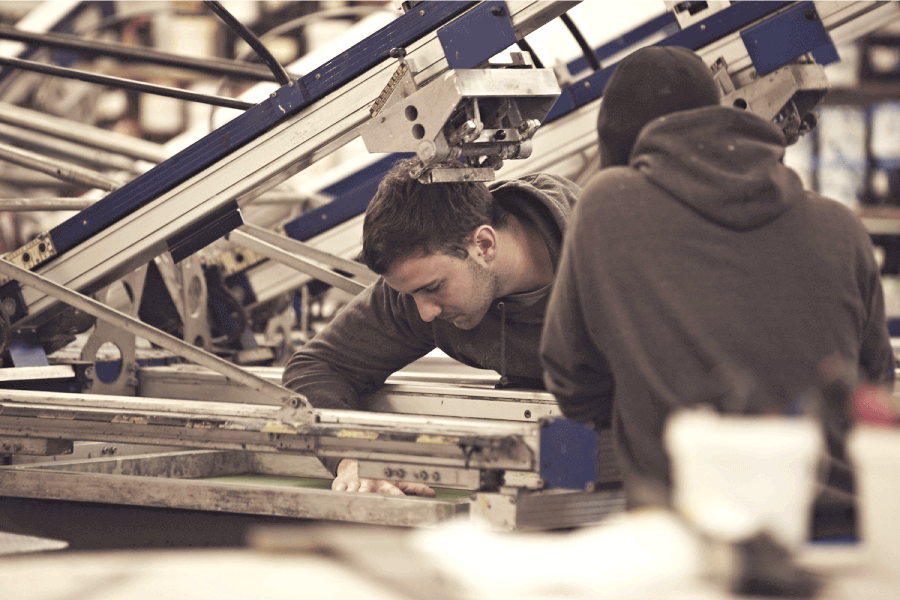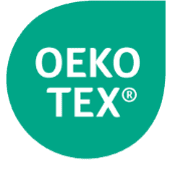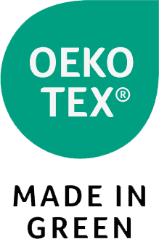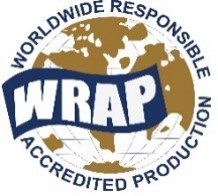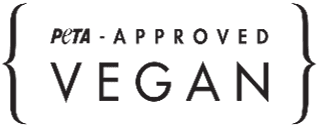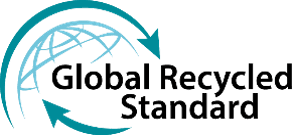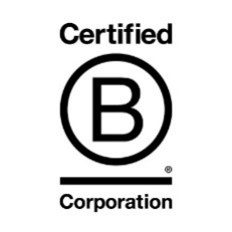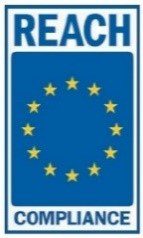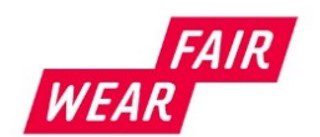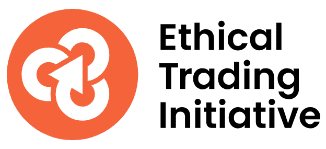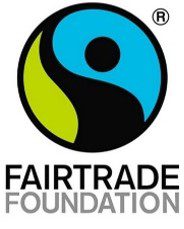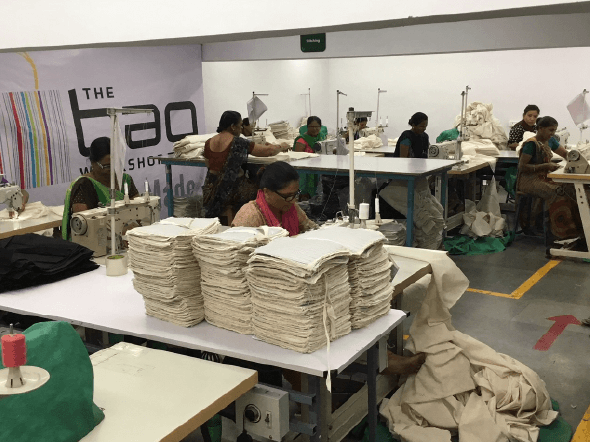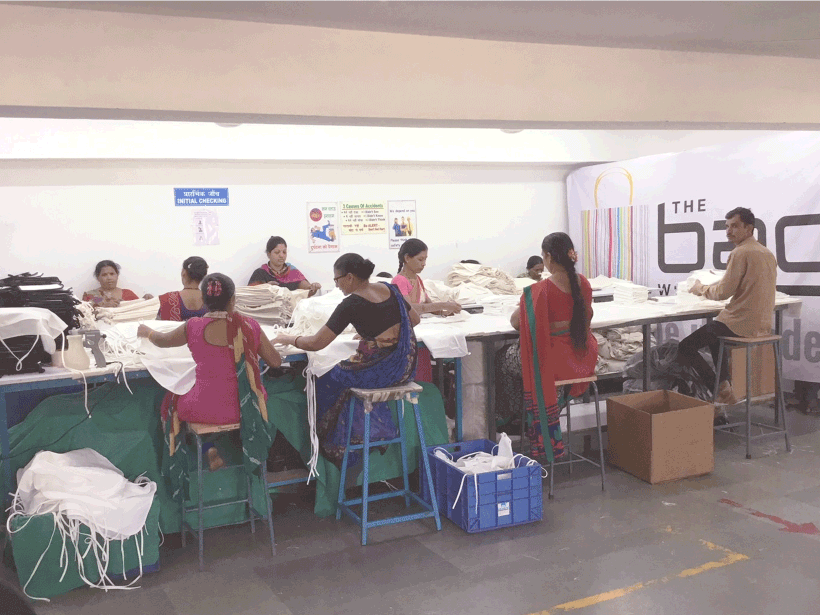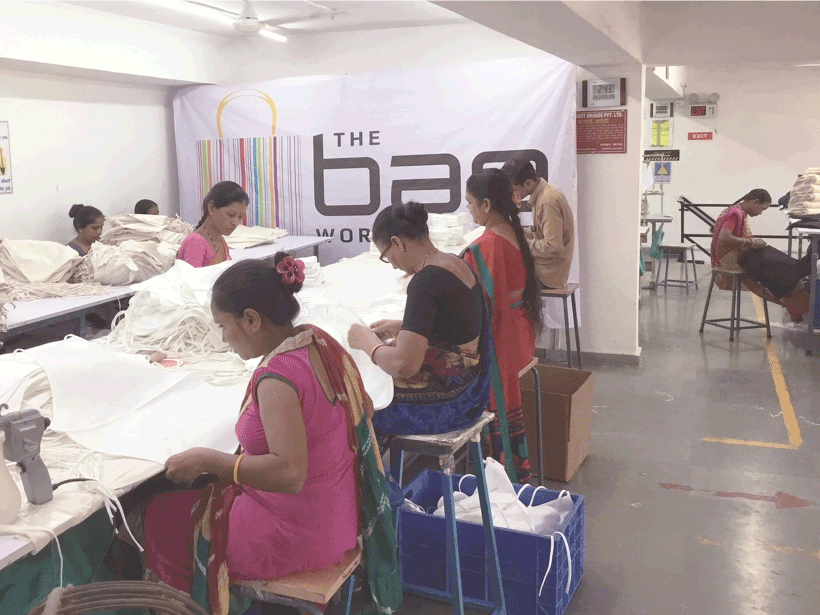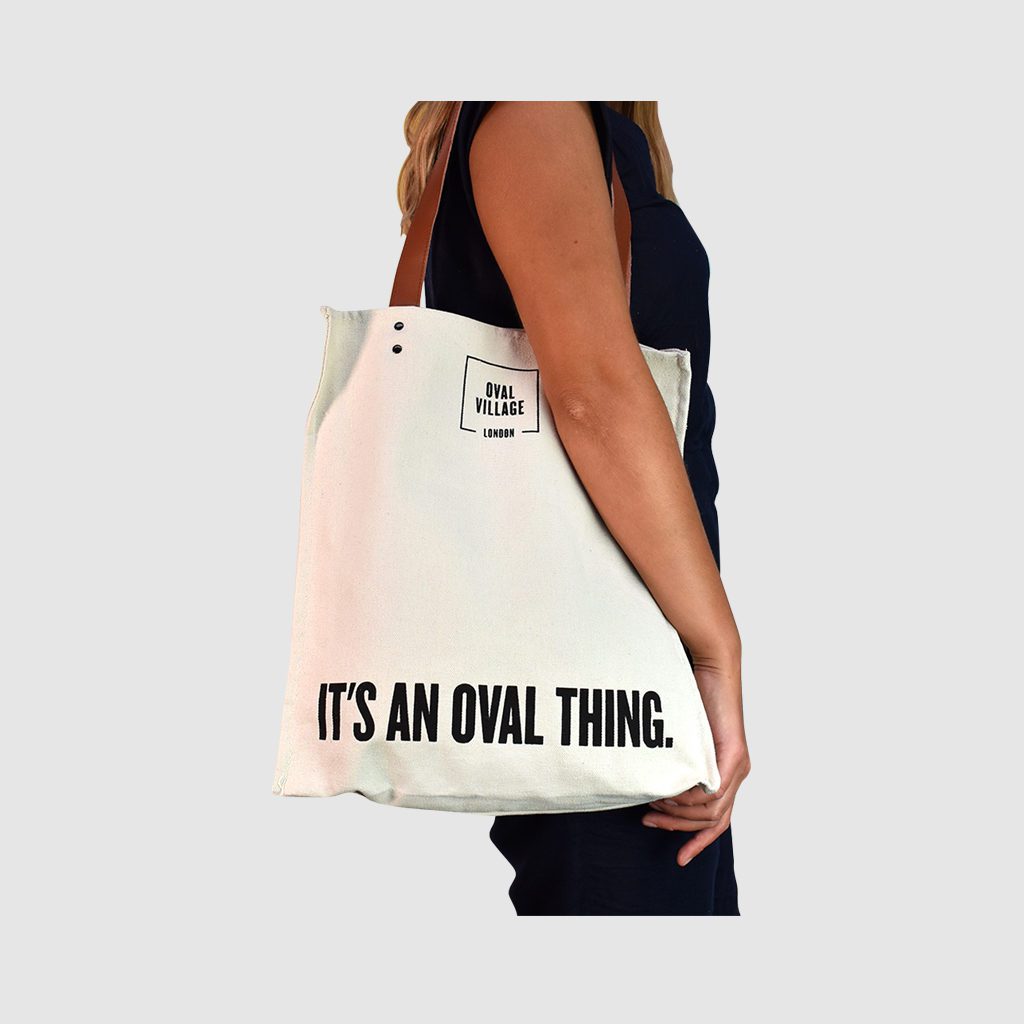Our Process for Sustainability
Supply Chain
Our supply chain follows all applicable environmental laws and regulations at both the national and international levels. When it comes to bespoke bag production, all our factories both in India and in China are regularly audited,
Packaging
Our Aim, by the end of 2024 is to replace all our plastic packaging with compostable corn-starch bags. All of our cartons for shipping are FSC certified, made from renewable sources.
Shipping
We offer all clients the option of shipping by sea where our shipping lines use carbon offsetting, rather than air which is kinder to the environment.
We also have a tree planting initiative to reduce the carbon impact our business has on the planet.
Products
A percentage of our recycled PET bag sales are donated to The Ocean Cleanup and we will not source or supply single-use plastics for clients. Many recycled bags have been introduced in to our stock range, this includes the latest in recycled textile technology.
Possible Accreditation
We have a wide range of sourced high quality UK stock bags and bespoke bags, many possess some of the accreditations listed below.
If interested in knowing more specific accreditations for a particular stock bag or bespoke bag, just ask us.
Sedex
Sedex’s data insights and tools give you full visibility into a businesses suppliers and it’s supply chain sustainability performance. Also works with suppliers and stakeholders to implement improvements.
OEKO-TEX
OEKO-TEX standards enable everyone to make responsible decisions and protect natural resources. Driven by sustainability and a dedication to transparency, they have 3 different certifications to ensure that a product is sustainable.
OEKO-TEX – Standard 100
OEKO-TEX STANDARD 100 is a label for textiles tested for harmful substances. It sets the benchmark for textile safety, from yarn to finished product. Every item bearing the STANDARD 100 label is certified as having passed safety tests for the presence of harmful substances.
OEKO-TEX – Organic Cotton
The ORGANIC COTTON certification offers verification from farm to product. Products bearing this label have been manufactured without the use of GMOs (genetically modified organism) and have been tested for pesticides and other harmful substances.
OEKO-TEX – Made in green
Textiles and leather items carrying the OEKO-TEX® MADE IN GREEN label are produced more sustainably in socially responsible workplaces. Items with this label can be purchased with confidence that they are traceable and tested for harmful substances. This label supports both better working conditions and a healthier planet.
WRAP
A WRAP certification shows brands and consumers around the world that a facility meets internationally recognized social compliance standards. Ensuring that production facilities are safe, compliant, and sustainable.
AMFORI – BSCI
amfori BSCI (Business Social Compliance Initiative), provides a recognised methodology for identifying and remediating risks in global supply chains. This includes a Code of Conduct with a set of values and principles that help amfori members improve their own policies and practices, such as updating purchasing contracts to conduct business responsibly.
PeTA Approved Vegan
The PETA-Approved Vegan certification authenticates products made from vegan materials rather than animal-derived ones such as leather, silk, wool, fur and feathers.
EVE Vegan
The EVE Vegan certification is dedicated to assessing the conformity of vegan products and services. Makes sure products are free of animal origin and cruelty-free.
Global Organic Textile Standard (GOTS)
The Global Organic Textile Standard (GOTS) was created to establish universally acknowledged criteria for organic textiles. From sourcing raw materials to responsible manufacturing and labelling, GOTS-certified textiles offer a trustworthy guarantee to consumers.
Textile Exchange
Textile Exchange work with stakeholders all along the supply chain to ensure the industry treats resources such as materials used for fashion, textile, which come from farms, forests, or fossil fuels, with respect.
Organic Content Standard
The Organic Content Standard (OCS) is a voluntary global standard that sets the criteria for third-party certification of organic materials and chain of custody.
Global Recycled Standard
The Global Recycled Standard (GRS) sets the criteria for third-party certification of recycled materials and chain of custody. The GRS includes a higher (50%) minimum recycled content percentage and additional social and environmental requirements related to processing and chemical use.
Recycled Claim Standard
Recycled Claim Standard establishes the standards for chain of custody and third-party certification of recycled materials. The GRS incorporates extra social and environmental regulations relating to processing and chemical use, as well as a higher (50%) minimum recycled content percentage.
Responsible Wool Standard
The Responsible Wool Standard (RWS) requires all sites, from wool farmers to the seller in the final business-to-business transaction, to be certified. RWS farmers and ranchers must meet animal welfare, land management, and social requirements.
Better Cotton Initiative
Better Cotton Farmers produce cotton in a way that is better for themselves, their communities and the environment. By emphasising the importance of the sustainable use of Natural Resources and responsible Crop Protection measures, and the adoption of measures related to climate action.
B Corporation
B Corp Certification verifies that a business is meeting high standards of social and environmental performance, transparency, and accountability. measuring a company’s entire social and environmental performance, from supply chain and input materials to charitable giving and employee benefits.
ACCORD
The Accord is an independent, legally binding agreement between brands and trade unions to work towards a safe and healthy garment and textile industry in Bangladesh.
REACH Compliance
The Regulation on the registration, evaluation, authorisation and restriction of chemicals (REACH) is the main EU law to protect human health and the environment from the risks that can be posed by chemicals. REACH places responsibility on industry to manage the risks from chemicals and to provide safety information on the substances.
Fair Wear Foundation
The Fair Wear label guarantee that apparel brands are actively working towards improving the existing quality of labor standards. Fair Wear not only checks working conditions in textile factories but also hold each actor in the supply chain of a product responsible for the conditions in which the product is made, including management decisions.
Fair Labor Association
Fair Labor Accredited companies meet international standards for labor rights by implementing a systems-level approach to human rights compliance and social responsibility. They are evaluated on an ongoing basis and must demonstrate continuous improvement efforts to address working conditions and protect workers’ rights.
Ethical Trading Initiative
The Ethical Trading Initiative is a leading membership organisation focused on addressing human rights impacts in supply chains. By working with companies, trade unions and NGOs they are uniquely placed to tackle the challenges faced by workers around the world.
Fairtrade Foundation
The Fairtrade Foundation works with farmers and workers in more than 1,900 producer organisations, across 70 countries, so they can improve their living standards, invest in their communities and businesses, and protect our shared environment. Fairtrade sets social, economic and environmental standards for the companies and farmers involved in the supply chain.
Social Accountability International
Social Accountability Internationals mission is to advance human rights in workplaces globally. They believe that socially responsible workplaces benefit business while securing fundamental human rights for workers. They help businesses understand their responsibilities to workers and communities and work with them to adopt socially responsible business practices and convene stakeholders from unions, government, and business to advance socially responsible policy.
Cascale
Cascale is an independent and impact-creating organization that aims to push forward collective action toward an equitable and restorative consumer goods industry. Developing a universal approach to measuring sustainability performance using the Higg Index.
US Cotton Trust
The U.S. Cotton Trust Protocol’s vision is to set a new standard in sustainable cotton production where full transparency is a reality and continuous improvement of our environmental footprint is the central goal. The trust is the world’s first sustainable cotton fiber program to offer article-level supply chain transparency.
We respect both the workers and the environment
All our factories are audited againast international standards, on a rolling two year basis.
This ensures that sttandards dont slip, and that we encourage incrimental improvements in both working conditions and environmental protections.
Regular factory visits by our team ensures a close and frank working relationship with all our factory management teams.
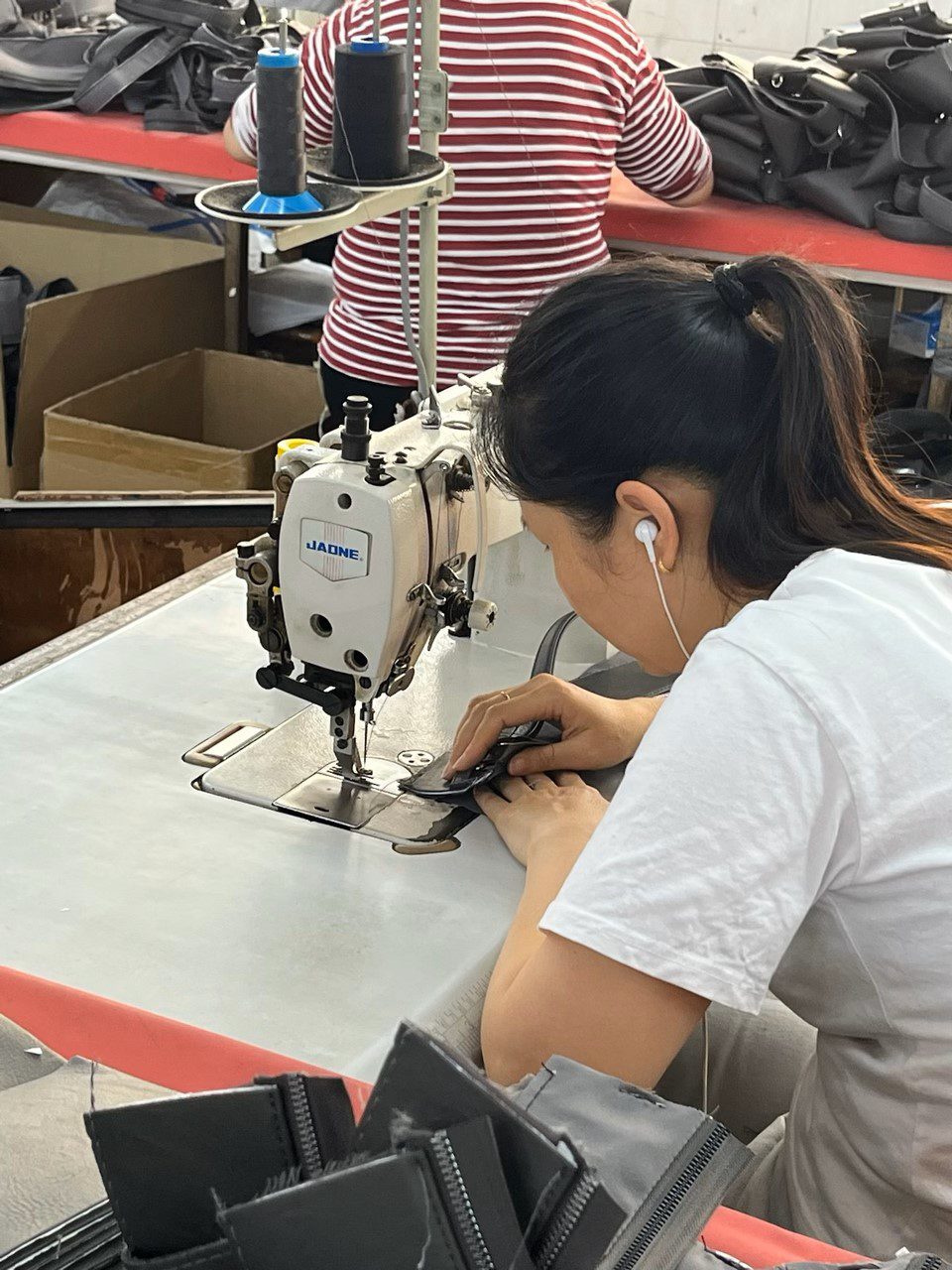
How do I make my custom bag?
It usually helps to have a budget in mind. Not so we spend it for you, but so we can make sensible suggestions based on your budget. It will allow us to give you advice on the fabric weight to suit your budget and other elements that personalise your bag. We will ask you several questions which will allow us to get an idea of what your custom bag is for and how it will be used. We can then go away with that information to formalise a quote. We might come back to you with more questions once we’ve made the bag up in paper. We do this to get an accurate measure of fabric, stitching requirements etc for your bespoke bag.
UK custom bag manufacturing facilities – our commitment to be the best
We have a commitment in all of our bag manufacturing factories for the highest standard of quality workmanship as well as staff working conditions, environmental and social practices. We have a number of facilities and choose the appropriate one for the job in hand.
Even our UK print facilities are audited to ensure the high level of standards our retail clients require.
